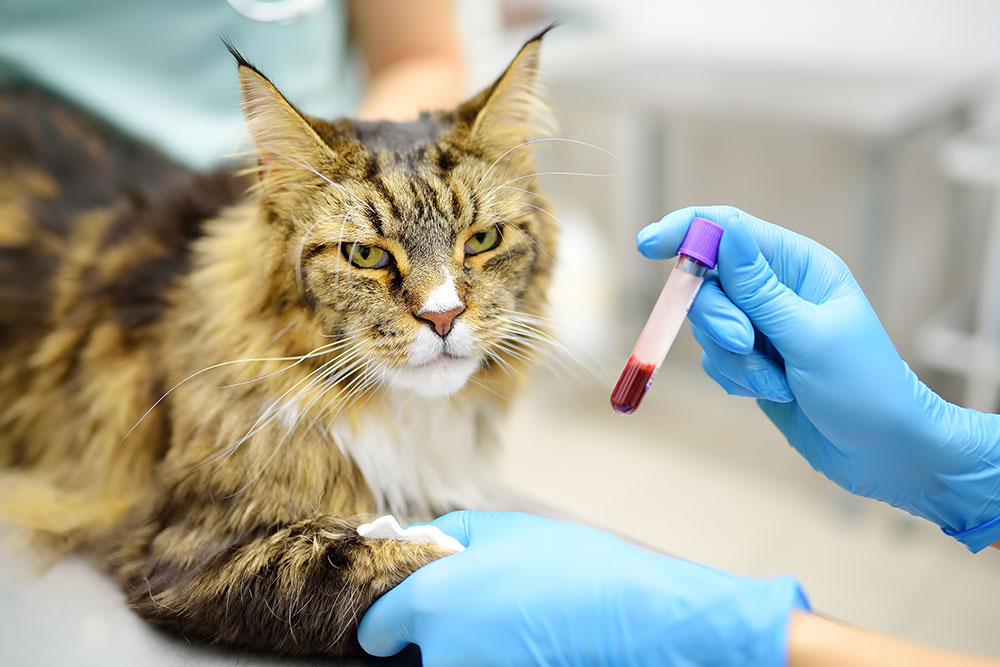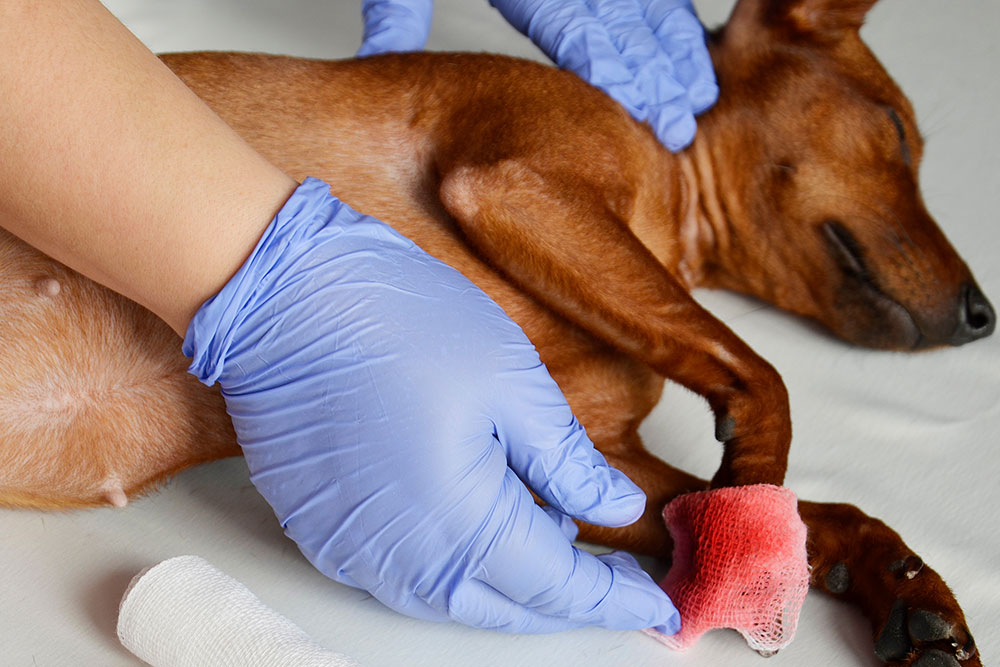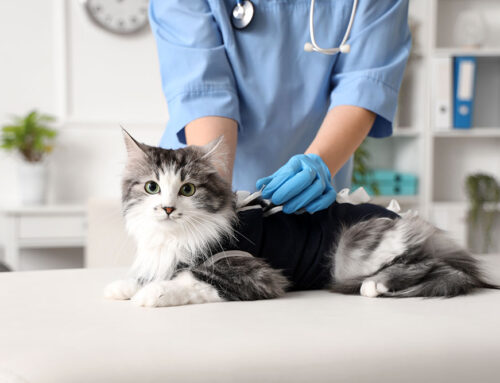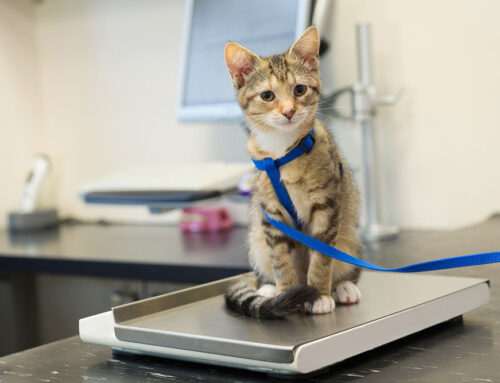Understanding the Importance of Routine Bloodwork for Pets at Arcata Animal Hospital
Routine bloodwork is a critical component of preventive veterinary care, providing valuable insights into your pet’s overall health and allowing early detection of medical conditions before they become serious. At Arcata Animal Hospital in Arcata, CA, we emphasize the importance of regular diagnostic testing to ensure your pet remains active, healthy, and comfortable throughout their life.
Veterinary medicine has evolved significantly, and blood tests now help detect diseases such as kidney failure, diabetes, liver disease, infections, and more—often before symptoms appear. Incorporating routine bloodwork into your pet’s health plan enables early treatment and better long-term outcomes.
What is Routine Bloodwork and Why is It Crucial for Your Pet’s Health?
Routine bloodwork involves various diagnostic tests that provide a comprehensive overview of your pet’s health. The most common tests include:
Complete Blood Count (CBC)
A CBC evaluates red and white blood cells and platelets, helping detect infections, anemia, and immune system disorders.
- Low red blood cell count may indicate anemia, which can cause fatigue, weakness, and pale gums.
- High white blood cell count often signals infection or inflammation, requiring immediate medical attention.
- Platelet abnormalities could affect blood clotting, potentially leading to unexplained bruising or bleeding issues.
Biochemistry Profile
This test evaluates organ function and checks for conditions affecting the liver, kidneys, and pancreas.
- Elevated liver enzymes may indicate liver disease, which, if untreated, can progress to liver failure.
- Kidney values (BUN and creatinine) assess kidney function, identifying early signs of chronic kidney disease (CKD).
- Blood glucose levels help detect diabetes, a disease that can lead to cataracts, weight loss, and excessive thirst.
For a more detailed breakdown of diagnostic tests and their significance, visit the Merck Veterinary Manual.
Thyroid Function Tests
These tests assess thyroid hormone levels and help diagnose hyperthyroidism (more common in cats) and hypothyroidism (more common in dogs).
- Hyperthyroidism in cats can cause weight loss, excessive appetite, restlessness, and vomiting.
- Hypothyroidism in dogs may lead to weight gain, lethargy, and skin issues.
Learn more about hypothyroidism and its effects on canine health from Cornell University’s Canine Health Center.

The Role of Routine Bloodwork in Preventive Veterinary Care
Bloodwork plays a vital role in preventing and managing chronic diseases. Identifying medical conditions before symptoms develop allows for early intervention, often reducing treatment costs and improving long-term outcomes.
For example:
- Kidney disease progresses gradually but can be managed with dietary adjustments and medications if detected early.
- Diabetes can cause serious complications, but early diagnosis enables dietary modifications and insulin therapy, improving the pet’s quality of life.
- Liver disease may show no symptoms initially, but bloodwork can help detect it early, allowing dietary and medication-based interventions to support liver function.
Routine blood tests are a crucial part of preventive care for all life stages. The Zoetis Petcare guide explains why preventive testing is vital for senior pets.
When Should Your Pet Have Bloodwork Done?
The recommended frequency and type of bloodwork for your pet depend on their life stage and overall health.
- Puppies & Kittens: Baseline blood tests help identify congenital disorders and assess overall health. Early detection of issues like juvenile kidney disease allows for early management and better outcomes.
- Adult Pets: Annual bloodwork monitors changes over time and helps detect diseases early. Conditions like diabetes or liver disease can develop slowly, making yearly screening essential.
- Senior Pets (7+ years): Bi-annual blood tests are recommended since older pets are more prone to chronic illnesses. Monitoring conditions like arthritis, thyroid disease, and organ function helps in adjusting medications and treatments as needed.
The Process of Conducting Routine Bloodwork at Arcata Animal Hospital
What to Expect During Your Visit
When you bring your pet in for bloodwork at Arcata Animal Hospital, our team ensures a calm and comfortable experience. Blood samples are drawn using minimally invasive techniques, and results are typically available within 24 to 48 hours.
During your visit, our team will:
- Perform a thorough physical exam to check for external signs of illness.
- Collect a small blood sample from a vein in the leg or neck.
- Process the sample using advanced diagnostic equipment to ensure accuracy.
Learn more about our veterinary team and expertise on our Meet Our Team page.
Interpreting Bloodwork Results: What Pet Owners Should Know
Understanding your pet’s bloodwork results helps you make informed decisions about their health.
- Elevated kidney values may indicate the early stages of kidney disease, prompting dietary adjustments.
- Low red blood cell counts can suggest anemia, requiring further testing.
- Increased liver enzymes may signal liver disease or toxicity, needing prompt medical intervention.
Next Steps After Receiving Bloodwork Results
Depending on the results, your veterinarian may recommend:
- Additional diagnostic tests for further evaluation.
- Medication adjustments based on your pet’s condition.
- Follow-up bloodwork to monitor progress.
Why Choose Arcata Animal Hospital for Your Pet’s Healthcare?
At Arcata Animal Hospital, we are committed to comprehensive, preventive care for pets of all ages. Routine bloodwork is one of the most effective tools in detecting and managing diseases early, giving your pet the best chance at a long, healthy life.
- State-of-the-art diagnostic equipment for precise and rapid results.
- A compassionate veterinary team dedicated to stress-free experiences.
- Personalized care plans tailored to your pet’s specific health needs.
Blood tests can help detect hidden health issues before they become severe. By prioritizing preventive care, you’re giving your pet the best chance at a longer, healthier life.
Schedule your pet’s bloodwork appointment today by visiting our Request Appointment page.







Leave A Comment